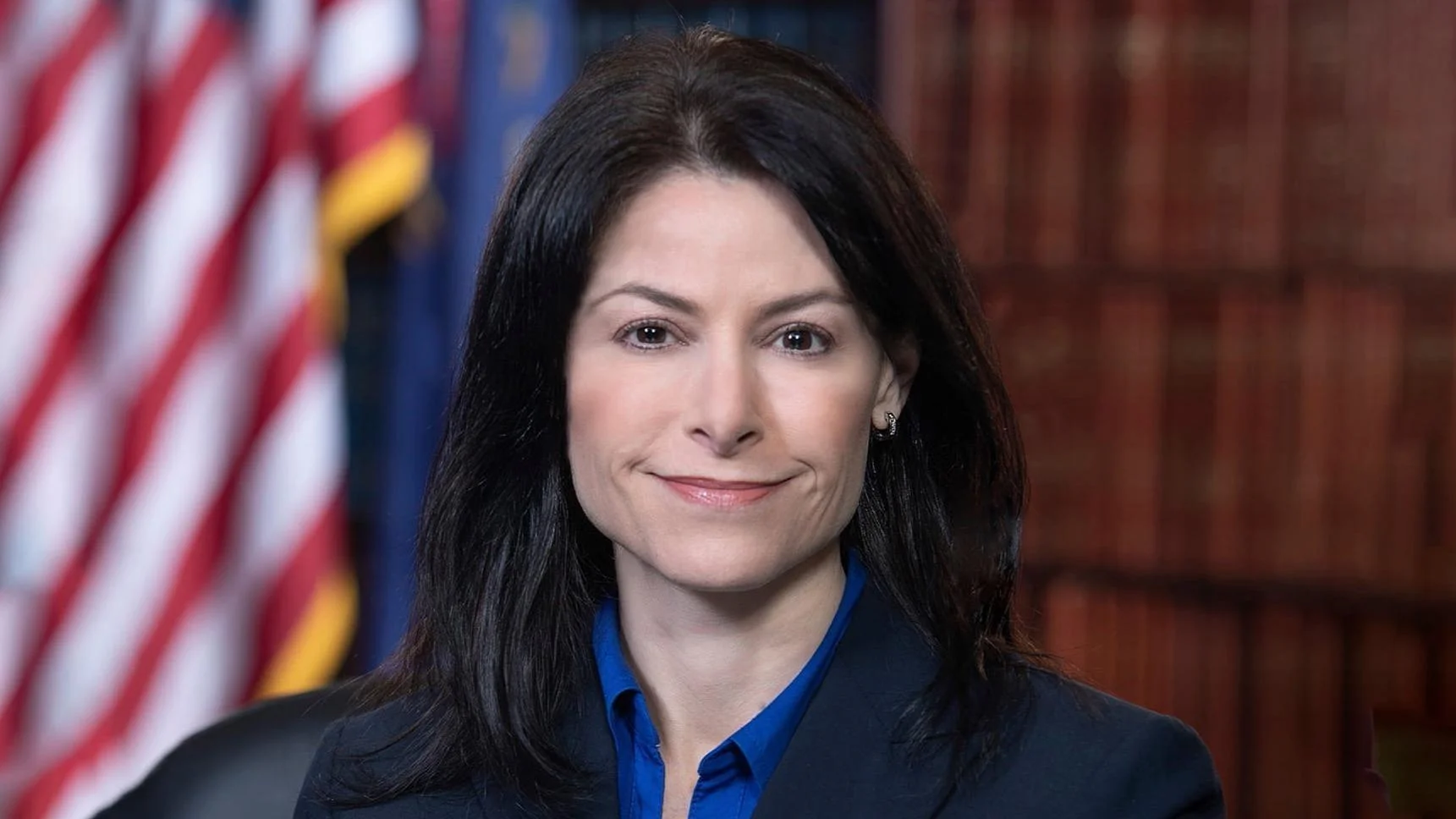Dana Nessel, Attorney General of Michigan | www.facebook.com
Dana Nessel, Attorney General of Michigan | www.facebook.com
Michigan Attorney General Dana Nessel, along with a coalition of 22 attorneys general and the State of Pennsylvania, has filed a motion for a preliminary injunction seeking to prevent the Trump Administration from enforcing the “Defund Provision” included in the recent federal budget bill. This provision would bar certain health centers, including Planned Parenthood, from receiving federal Medicaid reimbursements for any healthcare services.
The health centers affected provide services such as cancer screenings, testing and treatment for sexually transmitted infections, and birth control to low-income patients. The coalition initially filed suit against the Defund Provision on July 29, 2025. The current motion asks the U.S. District Court for the District of Massachusetts to block enforcement while litigation proceeds.
On September 11, 2025, in a related case—Planned Parenthood Federation of America, Inc. v. Kennedy—the U.S. Court of Appeals for the First Circuit allowed the Defund Provision to take effect through an unpublished order.
Attorney General Nessel stated: “As we have seen time and again, the Trump Administration is unlawfully chipping away at Americans’ rights and resources – this time the right to choose your own healthcare provider. In Michigan, we already face dangerous maternal healthcare deserts, particularly in the Upper Peninsula and Northern Michigan, where women struggle to access essential preventive care. Stripping away federal funding from trusted providers like Planned Parenthood will only deepen these disparities and further strain our medical system. I will continue to fight to ensure that Michigan residents have access to trusted providers who deliver their care without political interference.”
The lawsuit claims that Congress violated the U.S. Constitution’s Spending Clause by failing to give clear notice or adequately define which providers are considered “prohibited entities.” It also alleges confusion about when reimbursements would stop and argues that states did not anticipate such changes when they joined Medicaid programs. Historically, states—not the federal government—have determined which providers qualify for Medicaid.
According to arguments presented in support of the preliminary injunction request, states are dealing with uncertainty created by ambiguous language in the Defund Provision and must answer questions from healthcare providers while drafting guidance documents. The coalition contends that removing Medicaid funding from Planned Parenthood could increase state healthcare costs because patients may receive later diagnoses for conditions like breast or cervical cancer if they lose access to preventive care at these centers. Other clinics may not be able to handle an influx of new patients if Planned Parenthood is excluded.
Nessel joins attorneys general from California, Colorado, Connecticut, Delaware, District of Columbia, Hawai‘i, Illinois, Maine, Maryland, Massachusetts, Minnesota, Nevada, New Jersey, New Mexico, New York, North Carolina, Oregon, Rhode Island, Vermont, Washington and Wisconsin in filing this action alongside Pennsylvania.
A copy of the motion for a preliminary injunction and supporting declaration by Megan L. Kavanaugh of the Guttmacher Institute were submitted as part of this legal effort.






 Alerts Sign-up
Alerts Sign-up